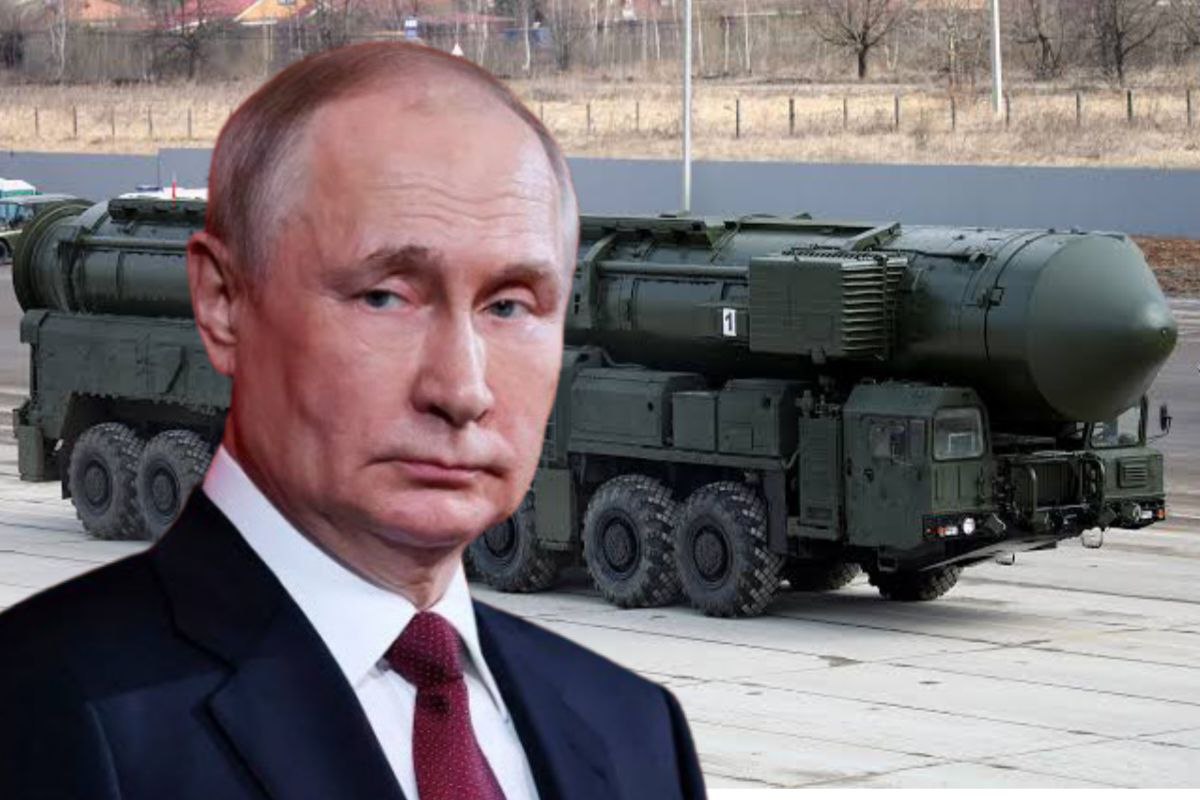Russia Claims Full Control of Luhansk:In a major escalation of the ongoing Russia-Ukraine war, Russia has claimed full control over Ukraine’s Luhansk region—marking what could be the first complete occupation of a Ukrainian territory since Moscow’s 2022 annexation move. Russian state media and Kremlin-backed officials allege that 100% of the region is now under Russian control, though Ukraine has not yet confirmed the development. Simultaneously, Russian forces are advancing into the strategically critical Dnipropetrovsk region for the first time since the war began over three years ago.
Russia Claims Full Control of Luhansk, Pushes Into New Ukrainian Territory
In a significant development in the ongoing Russia-Ukraine war, Russian state media has reported that Moscow’s forces have taken control of a village in the east-central Ukrainian region of Dnipropetrovsk. This marks the first reported Russian advancement into that region since the conflict began over three years ago. Additionally, Moscow-appointed officials have made bold claims that Russia now fully controls the Luhansk region — one of the four Ukrainian territories it annexed in 2022.
According to statements made by Leonid Pasechnik, a Russian-appointed official in Luhansk, Russian forces have successfully seized all parts of the region. Speaking to Russian state television, Pasechnik stated that he received a report two days ago confirming that 100% of Luhansk is now under Russian control. If this claim is verified, it would make Luhansk the first Ukrainian region to be entirely occupied by Russian forces since the full-scale invasion began in 2022.

However, there has been no immediate response or confirmation from Ukrainian officials regarding these claims. Ukrainian authorities have remained silent as of now, and there has also been no official acknowledgment from the Russian Defense Ministry.
Simultaneously, Russian forces are reported to be making moves into the Dnipropetrovsk region. Pro-war bloggers and state media outlets in Russia have claimed that a village in the region has fallen under Russian control. This would represent the first territorial gain in Dnipropetrovsk since the start of the war. Once again, these reports remain unverified, with no official confirmation from either Ukrainian officials or the Russian Ministry of Defense.
Amid these battlefield developments, diplomatic tensions continue to rise. Keith Kellogg, the United States Special Representative, has countered Russian assertions that peace talks are being delayed by Ukraine and the US. Responding on social media to recent comments made by Kremlin spokesperson Dmitry Peskov, Kellogg accused Russia of being the main obstacle to peace.
In his post, Kellogg emphasized that President Donald Trump has consistently advocated for an end to the conflict. He stated that Trump has remained firm in urging a ceasefire and the initiation of trilateral talks aimed at ending the war. Kellogg added that Moscow cannot be allowed to delay peace negotiations indefinitely while continuing to bomb civilian targets in Ukraine.
The war, now well into its third year, has evolved beyond initial expectations, with territorial control shifting multiple times. Russia’s claims of full control over Luhansk and its apparent push into Dnipropetrovsk could mark a significant escalation, potentially reshaping the conflict’s trajectory once again.
As with many aspects of the war, independent verification of claims remains limited. Both sides continue to wage parallel battles on the ground and in the information space, leaving much of the international community reliant on incomplete or delayed reports.
Disclaimer:
The information presented in this article is based on reports from Russian state media, statements by Moscow-appointed officials, and public responses from U.S. representatives. At the time of writing, Ukrainian authorities have not confirmed the Russian claims regarding the full occupation of the Luhansk region or advances in the Dnipropetrovsk region. Additionally, no official statement has been released by the Russian Defense Ministry to validate these battlefield developments. The ongoing nature of the conflict means that territorial control is subject to rapid change, and claims from either side may be influenced by propaganda or psychological operations aimed at shaping public perception and morale.

